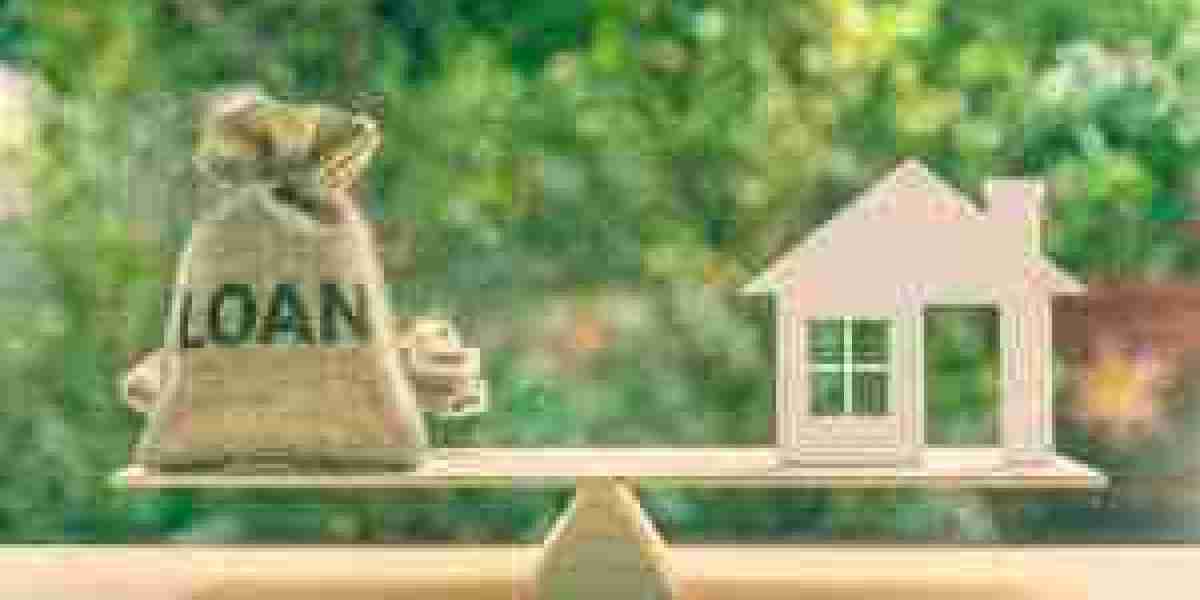Purchasing a home is a significant milestone for many individuals and families. For most people, financing their home purchase involves obtaining a mortgage loan. One common type of mortgage is a conventional home loan. In this article, we will provide an introduction to the basics of conventional home loans, helping you understand the key concepts and considerations involved.
What is a Conventional Home Loan?
A conventional home loan is a type of mortgage that is not insured or guaranteed by a government entity, such as the Federal Housing Administration (FHA) or the Department of Veterans Affairs (VA). Instead, it is typically offered by private lenders, such as banks, credit unions, or mortgage companies. Conventional loans follow guidelines set by two government-sponsored enterprises, Fannie Mae and Freddie Mac, which provide stability and liquidity to the mortgage market.
Key Features of Conventional Home Loans
Down Payment
One important aspect of a conventional home loan is the down payment. Conventional loans often require a higher down payment compared to government-backed loans. Generally, a down payment of at least 5% to 20% of the home's purchase price is typically required. The specific down payment requirement may vary based on factors such as the borrower's creditworthiness, loan amount, and other considerations.
Credit Score and Income Requirements
Lenders carefully evaluate the creditworthiness of borrowers applying for conventional home loans. A good credit score is typically necessary to qualify for a conventional loan. A credit score of 620 or higher is generally preferred, although some lenders may have different requirements.
In addition to credit score, lenders also consider the borrower's income and employment stability. Generally, borrowers should have a stable income source and a reasonable debt-to-income ratio to meet the lender's criteria.
Private Mortgage Insurance (PMI)
If the borrower's down payment is less than 20% of the home's purchase price, lenders often require private mortgage insurance (PMI). PMI is an insurance policy that protects the lender in case the borrower defaults on the loan. It is an additional cost added to the monthly mortgage payment until the borrower reaches a certain level of equity in the home.
Interest Rates and Loan Terms
Conventional home loans typically offer competitive interest rates, which can vary based on factors such as the borrower's creditworthiness, loan term, and market conditions. Borrowers with stronger credit profiles may qualify for lower interest rates, resulting in potential long-term savings.
Loan terms for conventional home loans are typically 15 or 30 years, although some lenders may offer additional options. A longer loan term generally results in lower monthly payments but may result in paying more interest over the life of the loan.
Advantages of Conventional Home Loans
Conventional home loans offer several advantages:
Flexibility: Conventional loans provide more flexibility in terms of property types, allowing borrowers to finance various property types, including primary residences, second homes, and investment properties.
Equity Building: With a conventional loan, borrowers can build equity in their homes over time, potentially benefiting from appreciation in the property's value.
No Upfront Mortgage Insurance Premium: Unlike some government-backed loans, conventional loans do not require an upfront mortgage insurance premium, which can save borrowers on initial costs.
Conclusion
Understanding the basics of conventional home loans is essential when considering a mortgage for a home purchase. These loans, offered by private lenders and conforming to guidelines set by Fannie Mae and Freddie Mac, require a down payment, consider creditworthiness and income, and may require private mortgage insurance. They offer flexibility, equity-building potential, and no upfront mortgage insurance premium.
As you explore your home financing options, it's crucial to consult with lenders, compare loan terms, and assess your financial situation to determine if a conventional home loan is the right choice for you.









